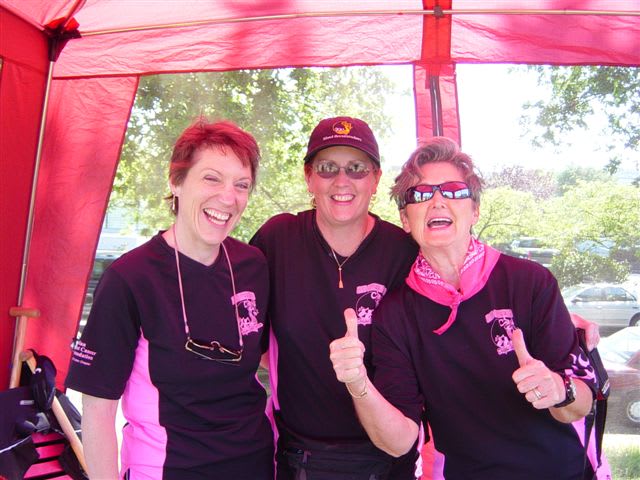When I returned to Canada to find a suitable place to setup my laboratory, I was immediately drawn to the BC Cancer Agency Deeley Research Centre (DRC) because of the DRC’s vision and it’s Director, Dr. Brad Nelson. The sole mandate of the DRC was to focus research efforts on understanding how the immune system recognizes and destroys cancer, but more importantly, to be the first place in British Columbia to offer immunotherapy as a form of cancer treatment.
I saw this was a bold plan, but I felt it was strongly supported throughout the entire BC Cancer Agency. This internal support continues through the tireless dedication of each individual that I feel privileged to work with, including my clinical colleagues, staff, volunteers and all the trainees who put in long hours in the laboratory. I have been working at the DRC for several years now and have been able to contribute to our immunotherapy vision; I’ll share more in my upcoming posts.
Many people ask me, “Is there hope that the immune system can defeat cancer?” This is a great question and work in this field is beginning to bear fruit. Last year, the first-ever cancer vaccine for prostate cancer was approved by the FDA, and early this year a second drug, that makes the immune system turn on, was approved for treating metastatic melanoma. There is enormous potential to improve on these discoveries and make immunotherapies the front line treatments. We have also crossed some important milestones in research here at the DRC, for example, developing new ways to deliver vaccines, and selecting the most appropriate vaccine targets.
For me, when I started working at the Agency, it was quite simple to consider that cancer could also be defeated by stimulating the immune system. I was ready to tackle this difficult problem, armed with my training in immunology and cancer. As I mentioned before, because history is something that has already happened, we cannot change the truths that lie within. We know the immune system can defeat cancer, but it is now our job to find out how.
Julian
P.S. Stick around for my next two posts: I want to share two components of my research work; one, about how cancer cells grow and divide, and the other relates to my role on the Radiation and Cancer Immunotherapy team.


